A Tribute to our Elder Veterans (Plus Veterans Benefits Information)
Check out this history of Veterans Day to learn more about the holiday:
We wish to extend a tribute and huge thank you to all our veterans! At Aging Wisely, we are fortunate to work with many elder Vets and learn about some of their heroic stories. These veterans typically do not think of themselves ar heroes, but feel their actions were simply the necessary thing to do. Most times, we only learn about these veterans’ stories through their family members or after drawing them out after many hours spent together.
As Tom Brokaw stated, “The World War II generation did what was expected of them. But they never talked about it. It was part of the Code. There’s no more telling metaphor than a guy in a football game who does what’s expected of him-makes an open-field tackle-then gets up and dances around. When Jerry Kramer threw the block that won the Ice Bowl in ’67, he just got up and walked off the field.”
In addition to these World War II vets, we are now working with veterans of the Korean conflict, Vietnam era and the more recent Gulf wars. Florida is one of the states with the largest number of veterans, approximately 1.7 million. There are more than 9 million veterans in the U.S. over age 65. Many of these veterans now need assistance due to aging and disease, plus the number of service-connected disabilities amongst veterans has increased as well as expenditures for healthcare and disability compensation.
The Veteran’s Administration (VA) offers help for veterans in various forms, from disability compensation to employment programs and healthcare. The eligibility rules and process can be overwhelming for veterans to navigate and many times older veterans who have not used services are not aware of some of the help available. For a quick overview of some of these benefits, especially as they apply to elderly veterans, check out our article on senior care for veterans.
When we do a geriatric assessment, we review demographic and background information which helps us identify potential benefits and programs for which our clients may be eligible, such as veterans benefits. We work with our clients/families to make recommendations and provide guidance through an array of assistance.
One great resource for veterans in Florida are the counties’ Veterans Services offices. For example, you can find the Pinellas County Veterans Service Office website here for more information. Their services are free of charge and they assist with understanding programs, presenting and filing claims and appealing denied claims. Their site offers an overview of programs available and the information for making an appointment at one of the local offices. We highly recommend to all of our clients that they use the services of the county veterans’ service office to navigate the benefits’ claims process.
Solutions When You Need Them….for Florida Veterans and their families
Know an older Florida veteran needing help? Give our Senior Care Consultant a call at 727-447-5845. We can help with veterans’ home care, navigating veterans benefits, identifying various programs and services to help and manage healthcare needs…plus much more.
Our thanks to all our veterans for your service to this country!
“We owe our World War II veterans–and all our veterans–a debt we can never fully repay.”–Doc Hastings

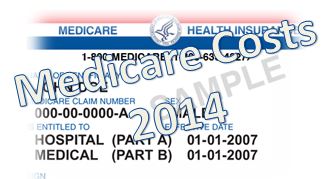


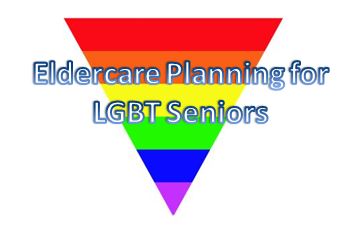 As we discussed in our previous blog post, “
As we discussed in our previous blog post, “
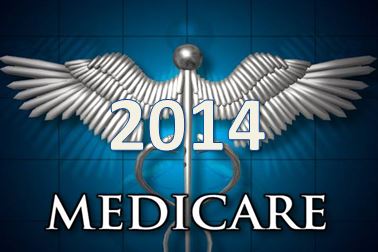
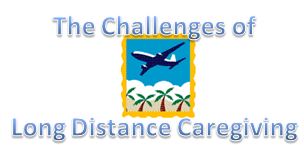
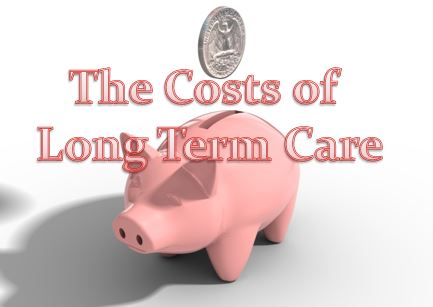
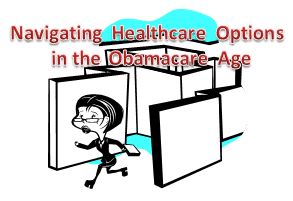 We have seen the health and long-term care landscape change drastically over the years already. Consider today’s abundance of rehabilitation, assisted living and home care options. These choices did not exist when many of our grandmothers were caring for their own parents. Having the options is definitely positive, but navigating them proves a challenge for many families. We try to keep you updated with educational resources and specific information that we see affecting our clients. If you are dealing with these issues and trying to navigate how the provisions will affect you, it is worthwhile to contact a
We have seen the health and long-term care landscape change drastically over the years already. Consider today’s abundance of rehabilitation, assisted living and home care options. These choices did not exist when many of our grandmothers were caring for their own parents. Having the options is definitely positive, but navigating them proves a challenge for many families. We try to keep you updated with educational resources and specific information that we see affecting our clients. If you are dealing with these issues and trying to navigate how the provisions will affect you, it is worthwhile to contact a 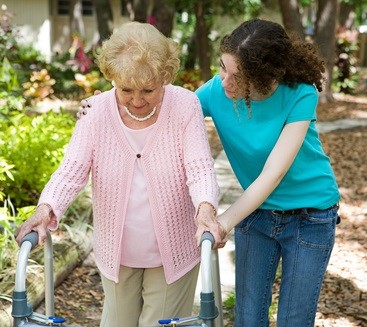
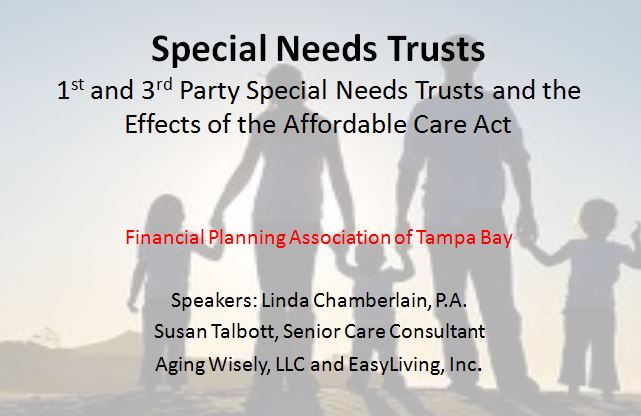

 The PBS Frontline show, Life and Death in Assisted Living, highlights some major problems in the senior living industry: our commentary and tips for families
The PBS Frontline show, Life and Death in Assisted Living, highlights some major problems in the senior living industry: our commentary and tips for families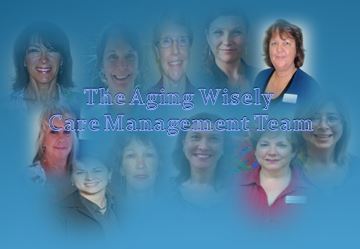
 Popular Downloads
Popular Downloads


 Get Our Newsletter!
Get Our Newsletter! Mission Statement
Mission Statement

